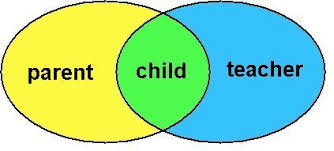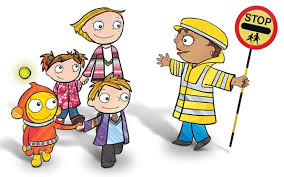Do you know what Sir Winston Churchill, Sir Richard Branson, Steven Spielberg and Albert Einstein have in common?
You, or you may child, may also be in the same group.
They had Dyslexia.
Dyslexia is a lifelong and inherited condition that has a neurological cause and affects 10-15% of our population. A much as educators try to use ‘tried and true’ methods to help a child learn to read, those who are afflicted with it will still struggle.
Dyslexia IS NOT an intellectual disability. In fact, many of those affected with it are gifted.
It is not just about writing words or letters backwards. Dyslexics have significant trouble in writing, reading and spelling.
Although Dyslexia cannot be cured, it CAN be treated.
It is sad that there are some ‘experts’ who don’t believe that dyslexia exists. Poor teaching, disruptive behaviour in students, laziness, have all been used as reasons for why some children have difficulty in reading, writing and spelling.
Primary symptoms of Dyslexia can include:
* a lack of fluency when reading
* Poor spelling
* Reading slowly with many mistakes
* difficulty in reading single words (think flash cards/spelling lists)
* Difficulty learning the letter sounds for reading and spelling
BUT, some individuals with Dyslexia may display the following strengths:
* Insightful thinking
* Both creative and analytical thinking processes
* Being able to see the big picture
* Able to discover different strategies
* an inquiring mind
* Able to comprehend new ideas
* 3-D construction
Dyslexia is normally noticed during the early years of schooling, when despite having all the skills, they are still displaying an unexplained difficulty in reading.
Of course, when I was at school (some decades ago) those children were probably considered ‘naughty’ or ‘slow’. Nowadays, the teachers have a lot more information and support strategies to be able to work with parents and schools to identify dyslexia and put in place correct strategies.
Many children with dyslexia have to work much harder to remember things they have learnt in the classroom. In today’s class, it is hard enough for the children to remember and process what we expect them to already, without being impended by a learning difference.
If a child is not identified early enough, other effects can include low self esteem, attentional difficulties, frustration and a loss of motivation for learning.
What do you do as a parent? Trust your gut instincts. Don’t listen to someone say they’ll grow out of it, or they just aren’t paying attention. If you genuinely feel there is a concern, speak up. And don’t stop speaking up about it until you find the answer.
And, if someone wants to charge you for screening your child for dyslexia, may I suggest you speak to your school first. The Australia Dyslexia Association provides screening for a small cost, and there are certain organisations which provide a free on line screening test.
I am not in any way affiliated with any organisation and I won’t be recommending any either as I have not used them myself. However, your school, the school counsellor, and your medical doctor all have avenues open to them to organise testing. This may not be widely advertised, but as a teacher, I know these are available.
If your child is in secondary school and either in, or heading towards their senior years, I would suggest talking to the school about what special accommodations can be made for your child. Senior school and external exams are hard enough without placing additional burdens on those with dyslexia.
I had my left leg in plaster when I did the HSC a million years ago, I didn’t receive any extra marks or anything and I didn’t expect them. But I was given 10 minutes extra so that I could ensure I was comfortable whilst sitting my exams.
And if your child who has dyslexia is showing extraordinary signs of stress with upcoming exams or added senior school pressures, I would also gently suggest an Educational Psychologist MAY help. Again, ask your school for help – they have a duty of care to ensure ALL needs of ALL students are met.
For further information, you may like to visit:
http://dyslexiaassociation.org.au/
http://dyslexiasupportservices.com.au/
http://www.dyslexia-australia.com.au/
Dyslexia is NOT a disability.
Dyslexia is a specific learning difference.















